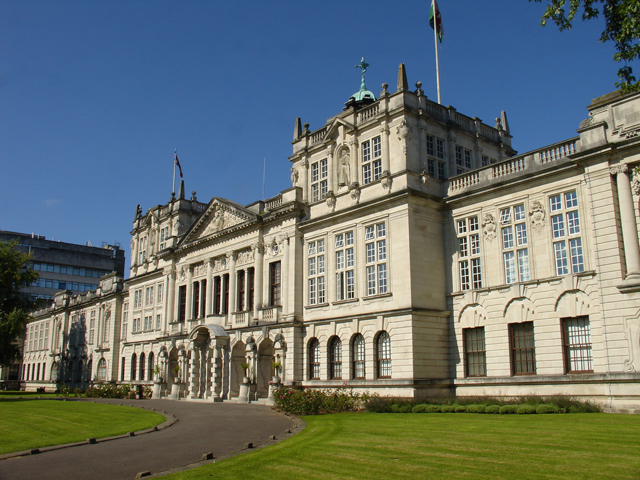Elusive landscapes of ‘design’ in the city
Session convenors: Gabriele Schliwa (University of Manchester) and Robert Cowley (King’s College London)
Although design was historically associated with the form of industrial and commercial products (and with the professional field of ‘urban design’), processes of ‘design thinking’ and the conceptual language of design have become commonplace in many spheres of practice and governance. In line with Richard Buchanan’s early understanding of design thinking as a ‘new liberal art of technological culture’ (Buchanan 1992), varied design processes are now advocated and applied across fields as diverse as public service delivery, democratic institutional decision-making, corporate management, international disaster relief, and even military operations research. This long-term trend has significant implications for urban space, not only in relation to governance approaches and new types of citizen engagement, but also in, for example, the development of infrastructural innovations, experimental and grassroots initiatives, the implementation of sustainability agendas, and the spread of digital/’smart’ urbanism.
This panel aims to critically and constructively engage with emerging modes of governing and reshaping urban space and social relations through the lens of design.
The scattered and elusive landscapes of design in the city we seek to explore include:
- Design processes that follow ‘the concept of co-‘ (Bason 2014) such as co-design, co-creation, co-production or collaboration and are often concerned with ‘citizen engagement around urban issues’ (Balestrini et al 2017)
- Design concepts previously used in the digital design sector and/or in the context of business innovation (e.g. service design, experience design, interaction design, interface design, human-centred design)
- Ways of thinking including design thinking and resilience thinking (Cowley 2017) or creative thinking
- Shifting identities, often from private towards public subjectivities, e.g. consumer to citizen, user to participant or claims about ‘citizen-centric’ goals (Cardullo and Kitchin 2017)
- Workshops, events or projects such as e.g. innovation labs, living laboratories (Evans and Karvonen 2014), civic hackathons or jams in support of smart or sustainable city agendas
- Cybernetic urbanism and aspects of environmental control (Gabrys 2014, Halpern 2015, Krivý 2016, Luque-Ayala and Marvin 2017)
Considering this variety of logics and activities, we would like to invite position papers or short provocations based on related empirical work, personal experience or theoretical considerations. These will be followed by a wider discussion. Contributions could address (but are not limited to) the following themes:
- Rationalities – What does design as a mode of governing promise and what does it deliver in practice?
- Contexts – In which contexts is ‘design’ as a mode of governing being mobilised today?
- Levels of facilitation – Who is hosting, facilitating and participating in ’design thinking’ or ’designerly’ initiatives
- Governing spaces – What are its spatial dimensions and spaces of inclusion and exclusion?
- Power – What are the mechanisms of empowerment and disempowerment?
- Historical perspectives – What are the origins of ‘governing through design’ approaches and current drivers behind this trend?
- What theorisations and conceptualisations do we need to better understand the power relations and implications of design or designing in cities?
- How can we maintain a critical, reflective, and constructive practice when designing with people becomes part, or even the focus of our academic work (particularly under funding schemes aimed at impact and innovation)?
- What are its opportunities, limitations or dangers when attempting to steer society into more desirable directions?
Please submit your proposed title and abstract (200 words) to gabriele.schliwa@manchester.ac.uk and robert.cowley@kcl.ac.uk by Friday 9th February 2018.
Featured image source: http://www.rgs.org/WhatsOn/ConferencesAndSeminars/Annual+International+Conference/Timeline.htm
